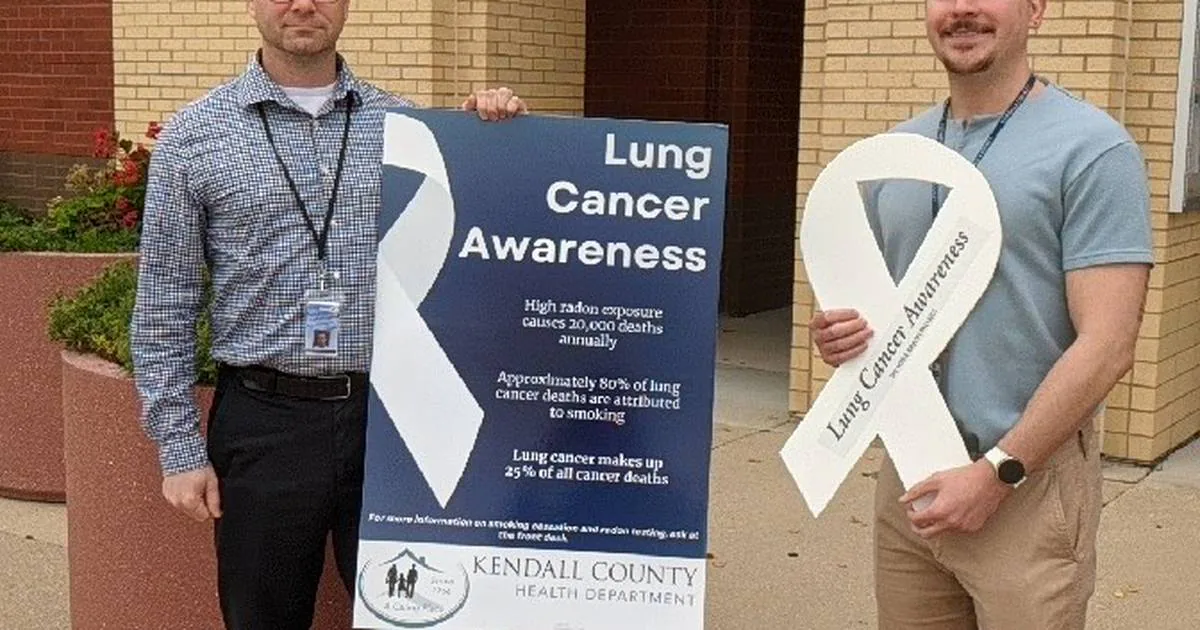Copyright ghanamma

As part of efforts to promote early detection and raise awareness about breast cancer, Communication for Development and Advocacy (CDA) Consult, in partnership with Rabito Clinic, has organised free breast cancer screening for staff of Channel One TV and Citi FM. The screening, held on Wednesday October 22, 2025, forms part of a month-long campaign targeting female journalists and media professionals across Ghana. The initiative is being rolled out at five strategic media houses throughout October, aiming to make breast health checks more accessible while minimising disruption to the demanding schedules of journalists. Executive Director of CDA Consult, Mr. Francis Ameyibor, underscored the importance of early screening, stressing that “Regular breast cancer screening can help detect the disease at an early stage when it is more treatable.” “Women with a family history may need to start screening earlier and more frequently.” Mr. Ameyibor also urged journalists not only to report on health issues but to actively prioritise their own well-being. “For a moment, get in front of the news and get screened,” he said. “You must first be a healthy person to report healthy news. Through maintaining a healthy lifestyle, journalists can reduce their risk of developing this disease and continue to tell the stories that matter to save the world.” He encouraged all journalists to fully engage in the campaign: “Don’t only participate in covering breast cancer events; take part in it,” he urged. In addition to the free screening sessions, CDA Consult and Rabito Clinic are using both traditional and social media platforms to educate the public on the importance of early detection and regular screening. The outreach campaign also shares basic health information to empower women to take control of their health. Other media houses benefiting from the initiative include ATV, Daily Graphic, Ghanaian Times, and Multimedia. Through this initiative, CDA Consult and Rabito Clinic are helping to break down barriers to access and promote a culture of proactive health management, especially among the country’s media front-liners.



